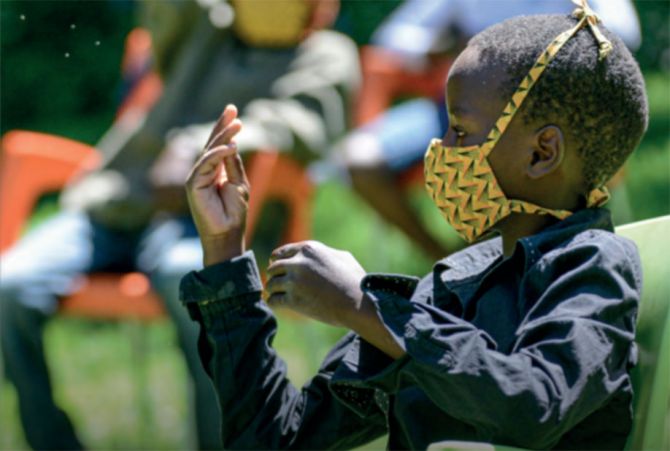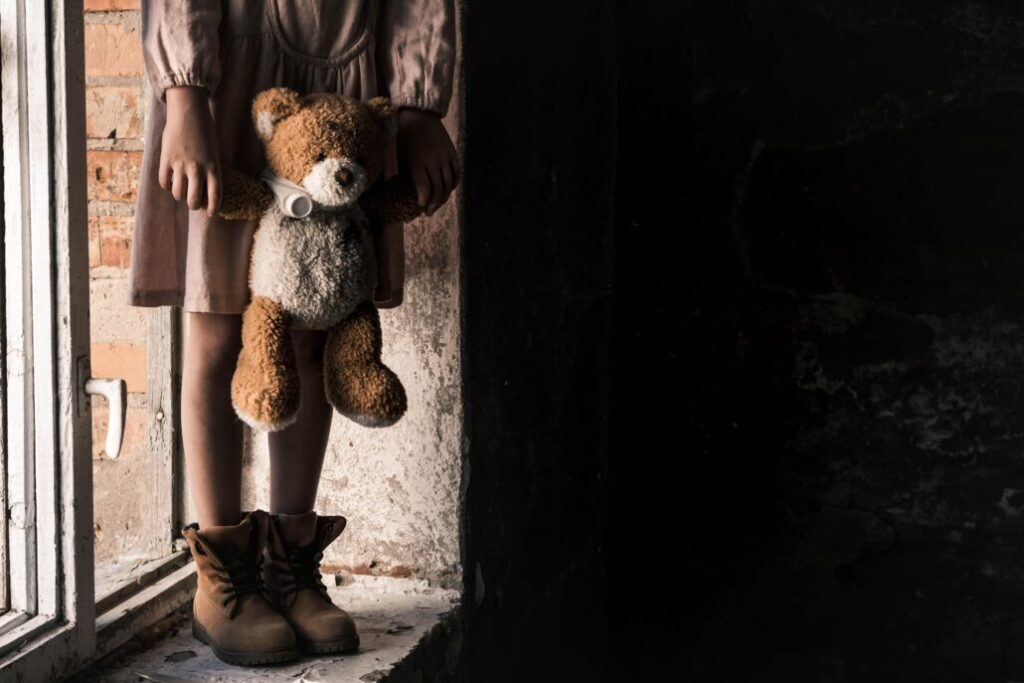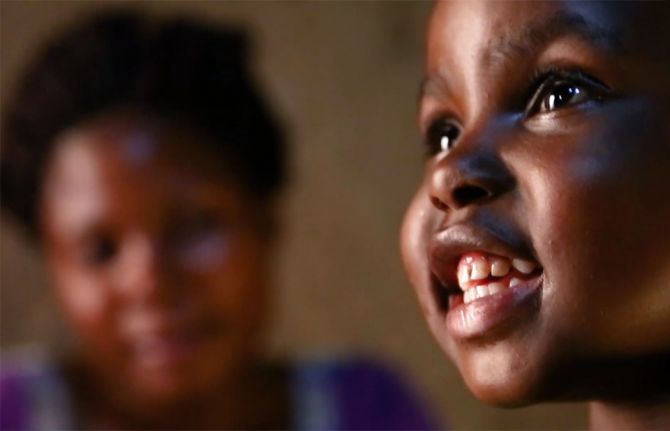Every May 7th, the world commemorates AIDS Orphans Day, an event aimed at promoting the difficult situation faced by millions of girls, boys, and adolescents around the world who have lost their parents due to Acquired Immunodeficiency Syndrome.
As the world advances in the fight against HIV/AIDS with new treatments and prevention campaigns, a less visible reality continues to affect millions of children: orphanhood. They are the “Orphans of AIDS”, a generation that has lost one or both parents to the disease and who, in many cases, are left helpless in the face of a system that still does not respond strongly enough to their situation.
According to UNICEF data from 2023, around 39.9 million people live in the world with the syndrome, of which 53% are women and girls. According to UNAIDS, around 42.3 million people have died from diseases related to it.
Globally, UNAIDS reports that more than 13 million children worldwide have lost at least one of their parents to AIDS, most of them in sub-Saharan Africa, although there are also significant cases in Latin America and Asia. These children not only face the emotional loss of their loved ones, but also stigma, poverty, educational exclusion and the risk of labor or sexual exploitation.
You can also read: Infections and deaths from HIV in the Dominican Republic decrease | De Último Minuto
UNICEF has insisted on the need for public policies focused on this vulnerable group. “It is not enough to combat the virus; its long-term social consequences must also be addressed,” states a report published this year.
As the international community seeks to achieve the goal of eradicating AIDS as a threat to public health by 2030, experts insist that this will only be possible if measures are included to protect orphans and affected families.
The commemoration of this day is an opportunity to reflect on the need to provide comprehensive support and accompaniment to these children, which includes medical, psychological, and social care, as well as education programs and development opportunities. It is also a call to action to combat the stigma and discrimination associated with HIV/AIDS, and to promote solidarity and empathy towards those who have been affected by this disease.
In the Dominican Republic:
In the country for 2006, more than 33,000 girls and boys orphans were registered, and around 3,000 minors diagnosed seropositive to the disease, according to data from the Presidential Council on AIDS (COPRESIDA).
For 2021, in the country about 78 thousand people live with the HIV/AIDS virus in the Dominican Republic, according to the Repository of Statistics and Investigations on STIs, HIV and AIDS (Reisin) and the National Council for HIV-AIDS (CONAVIHSIDA).
One of its most devastating effects is the high number of children who are orphaned after the loss of one or both parents. It is estimated that more than 95% of these children live with extended family or in foster homes, many of them in conditions of extreme poverty or abandonment.
Currently the country has the Casa Rosada Foundation, which is a shelter where medical, psychological, and humanitarian care is provided to a small number of orphaned children infected with HIV AIDS.
Despite advances in treatment, prevention, and funding against HIV/AIDS, only a fraction of those resources reaches directly the families and communities that care for these minors. This highlights an urgent need to establish policies and measures that prioritize the integral well-being of this vulnerable population.
Origin of the day:
This day was established in the year 2002 by initiative of Albina du Boisrouvray, founder of FXB International, a non-governmental organization that works in defense of children's rights and supports the most vulnerable populations affected by HIV/AIDS.
Since its creation, FXB has advocated for a fairer distribution of international resources allocated to the fight against HIV/AIDS, proposing that at least 10% of the funds be dedicated to directly helping orphans and affected children.
Acquired immunodeficiency syndrome is a chronic disease. The cause is the human immunodeficiency virus or HIV. HIV damages the immune system, so that the body is less able to fight infections and diseases. If HIV is not treated, it can take years before it weakens the immune system enough to become AIDS. With treatment, most people in the United States do not get AIDS.




 Spanish
Spanish






